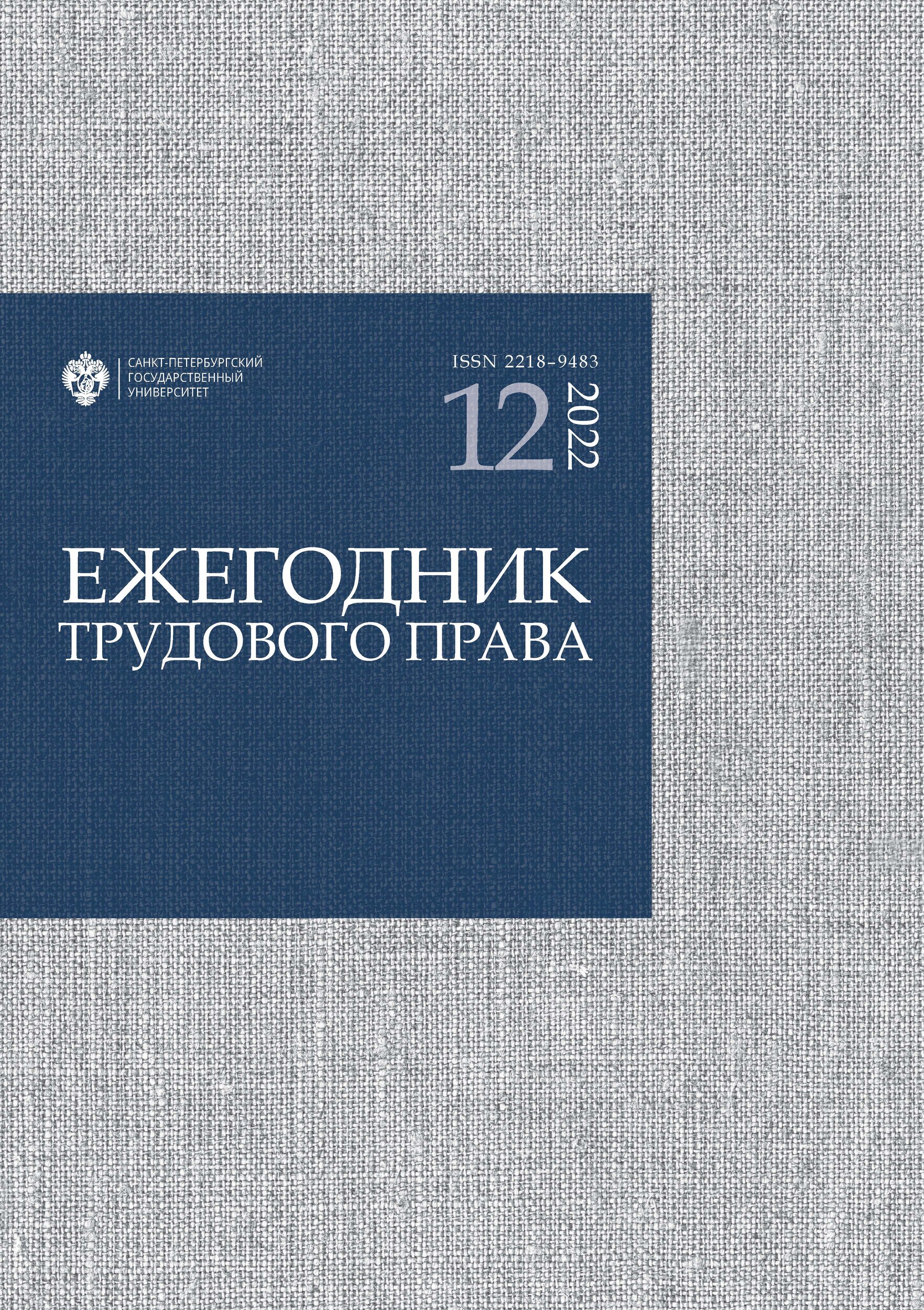New labor paradigm and employment development: Results of the V St Petersburg International Labor Forum
DOI:
https://doi.org/10.21638/spbu32.2022.125Abstract
The article is an analytical analysis of the results of scientific and practical events held within the framework of the V St Petersburg Labor Forum, held on April 19–23, 2021. The main subject of discussion at the Forum were problems of attracting to work and the use of public labor in conditions of an emerging socio-economic reality, in which a significant factor was the coronavirus pandemic. Within the framework of the Forum, two international scientific conferences were held, as well as a number of roundtables and discussion platforms. The discussions made it possible to formulate a number of practical proposals for improving Russian legislation (in the field of digitalization, labor, and employment), the national personnel training system, in the field of youth policy and education, in the field of taxation, legal regulation of international labor migration. The Forum developed proposals to improve the system of state management of labor and labor resources at the federal and regional levels (in the field of regulation of labor migration, development of the National Qualifications System, regulation of the quality of working life), as well as improving the efficiency of management activities of commercial legal entities (organizations), educational organizations. The Forum developed and proposed directions of promising fundamental and applied research in the field of labor and human capital development, including, in particular, such problems as the impact of the digital transformation of society on the labor market in the Russian Federation: economic and legal aspects; development of the national system of professional qualifications of the Russian Federation in the context of the transition to the digital economy and digital society; development of a methodology for combining professional standards and federal state educational standards; analysis of the practices of applying the regulatory framework for regulating remuneration systems in remote work and hybrid forms of labor organization; assessment of the effectiveness of labor legislation in the context of ensuring a balance of private and public interests in the social and labor sphere.
Keywords:
new socio-economic reality, coronavirus pandemic, gig economy, flexible business model, sharing economy, employment, labor migration, vocational education, state economic policy
Downloads
Downloads
Published
How to Cite
Issue
Section
License
Articles of "Russian Journal of Labour & Law" are open access distributed under the terms of the License Agreement with Saint Petersburg State University, which permits to the authors unrestricted distribution and self-archiving free of charge.




